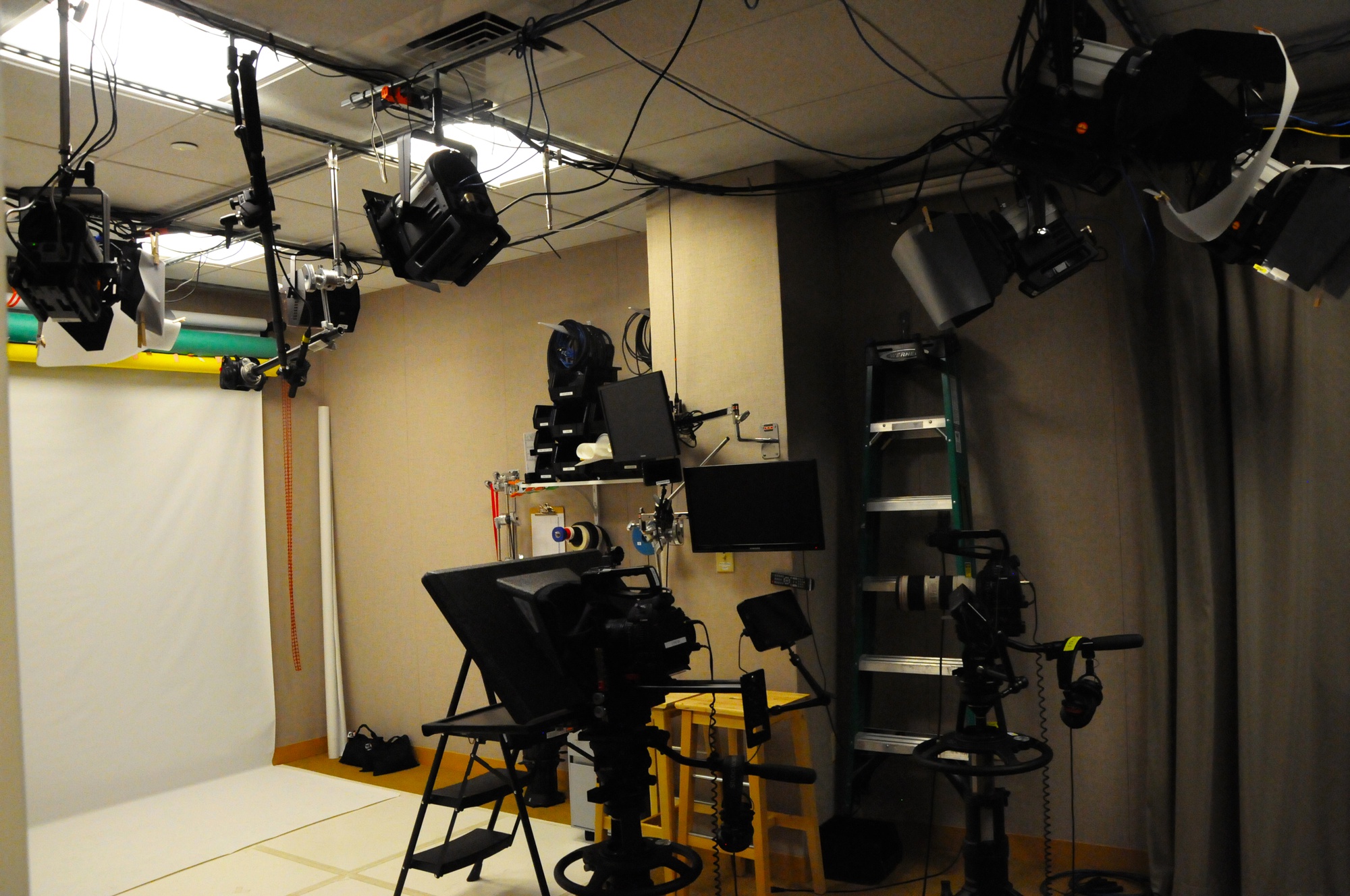
News
Cambridge Residents Slam Council Proposal to Delay Bike Lane Construction

News
‘Gender-Affirming Slay Fest’: Harvard College QSA Hosts Annual Queer Prom

News
‘Not Being Nerds’: Harvard Students Dance to Tinashe at Yardfest

News
Wrongful Death Trial Against CAMHS Employee Over 2015 Student Suicide To Begin Tuesday

News
Cornel West, Harvard Affiliates Call for University to Divest from ‘Israeli Apartheid’ at Rally
In ‘Flipped’ Classes, Faculty See Opportunities and Obstacles

Harvard faculty members have demonstrated an increased interest in the “flipped” classroom model, the practice of moving some material previously taught in lecture to pre-class video recordings, according to faculty involved in pedagogical research.
Robert A. Lue, faculty director of the Bok Center for Teaching and Learning, said faculty members interested in an “active learning” model have recently consulted the Bok Center in increasing numbers, though the center does not keep statistics on flipped courses. To support interested professors, the Bok Center holds weekly “Active Learning Lunches.”

The ramp-up in faculty interest comes as researchers publish more studies on the active learning model and others internally raise concerns about faculty and student workload under the flipped model.
Last month, a Yale and University of Massachusetts Amherst research group published online a study suggesting that the flipped model has an even greater benefit for women and students with lower grade point averages.
Though researchers conducted that analysis with just one higher-level physical chemistry class, Lue said it makes sense that a flipped classroom model would benefit groups who historically underperform in more traditional classrooms.
“It’s very true that active learning is far more inclusive. It’s a given,” Lue said. “In lecture, you just sit there and listen to someone. If you have a deficit in your background, or difference in your background, there’s very little opportunity in that kind of lecture to either engage the material in a different way or to ask a question or get help.”
But despite the enthusiasm among researchers and faculty, logistical challenges and student concerns around flipping the classroom remain.
Students have previously complained that online lectures provide inadequate explanations of course material and noted that flipped classrooms require them to spend more time on work outside of class.
Dustin Tingley, a Government professor and the head of the newly created Vice Provost for Advances in Learning Research Group, adds that adapting content for online learning comes with its own challenges, as does deciding what to do with the class time freed up by the approach.
“We’re replacing lecture, but we’re replacing lecture with what?” Tingley said.“There’s a lot of uncertainty about exactly what should be happening.”
Tingley also reiterated student concerns about workload.
“We are now asking students to do all the readings and watch the lectures at home and then come to class. And in order for the flipped class to be successful, students need to attend class,” Tingley said.
And while students might see an uptick in their coursework, he also said faculty must commit substantial time to moving lecture material online, echoing the concerns of professors who have adapted their courses for HarvardX, the University’s branch of virtual education platform edX.
“It’s a huge time investment,” said Tingley, who is in the process of taping some lectures for Government 40: “International Conflict and Cooperation,” a course he has taught in the past, to free up class time for active learning activities.
But to Lue, “flipping the classroom” does not necessarily mean moving all lectures online and entirely revamping a course. “Active learning,” the term Lue prefers, is any pedagogical technique that allows for more in-class feedback.
“There’s no such thing as [strictly] flipped and non-flipped [classrooms],” Lue said.
Want to keep up with breaking news? Subscribe to our email newsletter.
